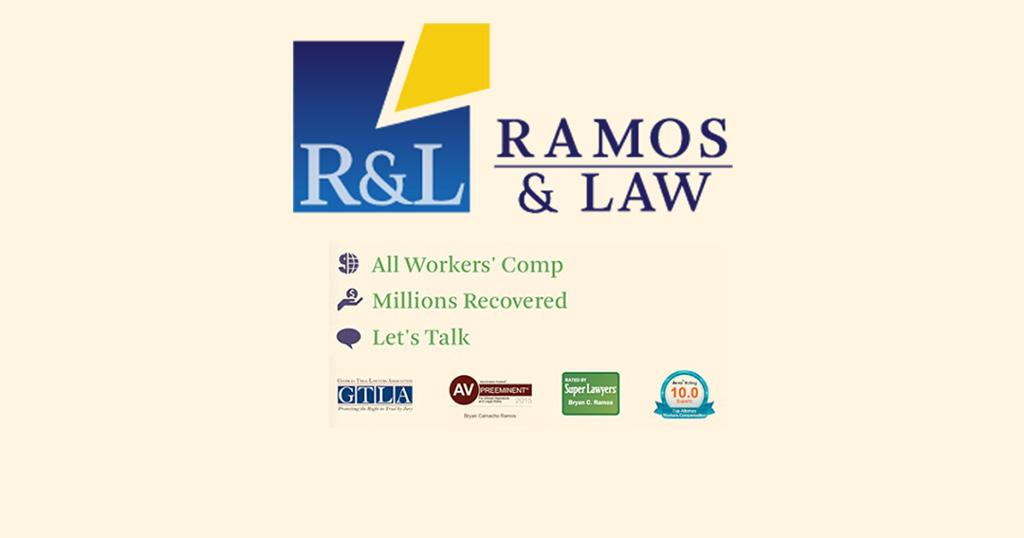
As 2013 ended, the issue of whether workers’ compensation benefits and settlement proceeds should be reported as “income” on your taxes has once again arisen. Generally, IRS Code 104 provides that amounts received under workers’ compensation acts as compensation for injuries or sickness are not considered income. For example, an employee who worked for an Atlanta company suffers an occupational injury resulting in an entitlement of total disability benefits. Should she receive approximately $12,000 in weekly income benefits, her yearly W2 Wage and Tax Statement should not include the stated $12,000. Additionally, should this Atlanta-based employee reach a settlement in her workers’ compensation case, the same IRS Code provides the same exception.
It is important to note that this tax exemption contemplates compensation for “injuries or sickness”. It does not include compensation contemplated in contract. For example, this tax exception does not apply to waivers of other claims or for the promise of keeping the terms of a settlement confidential.
